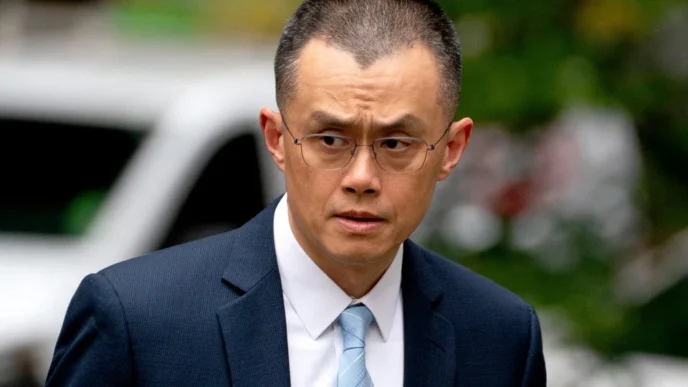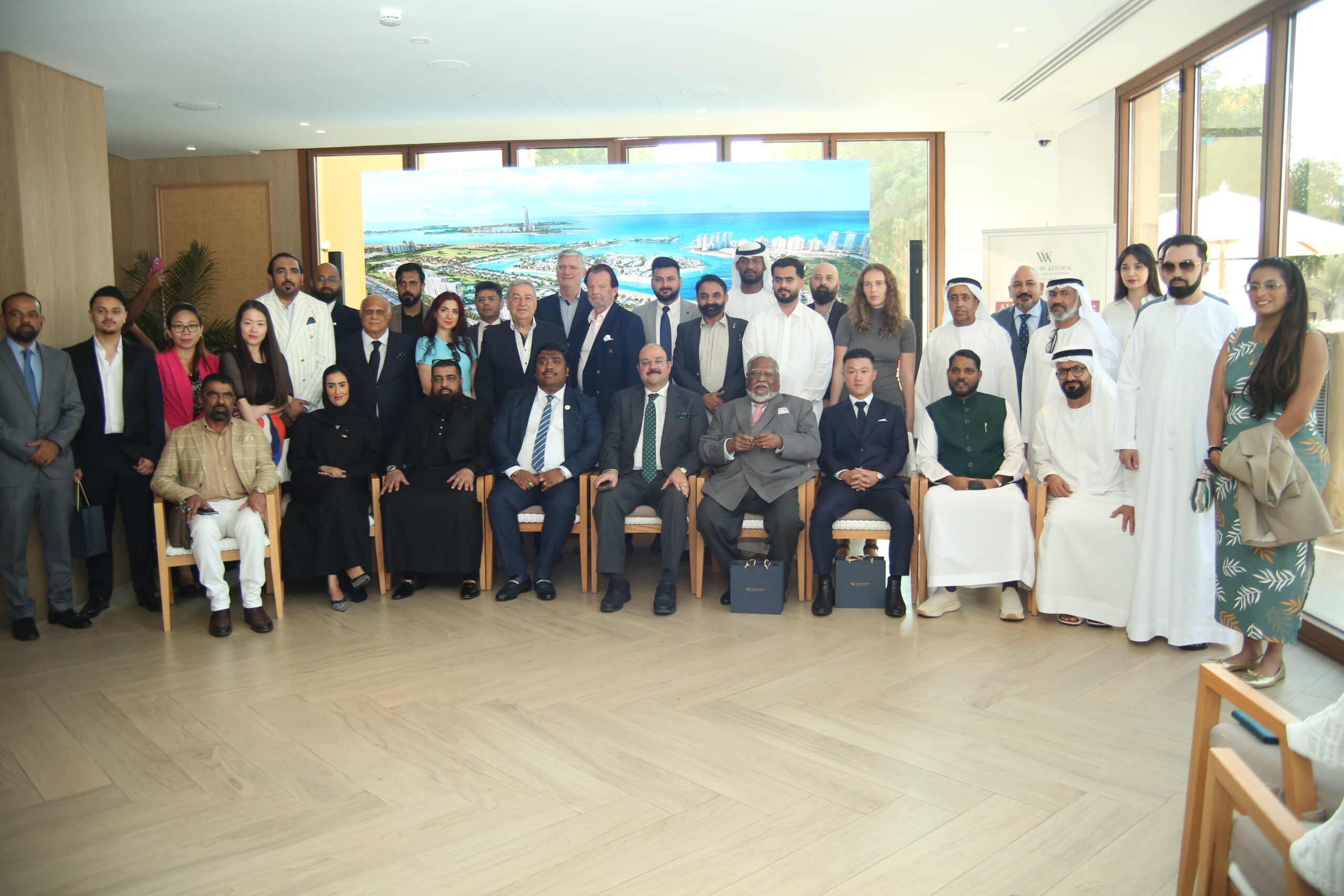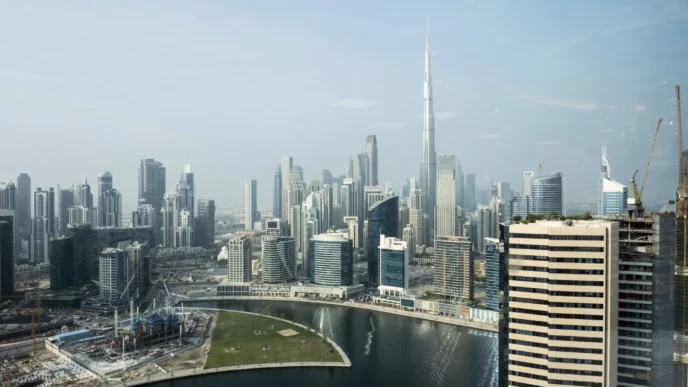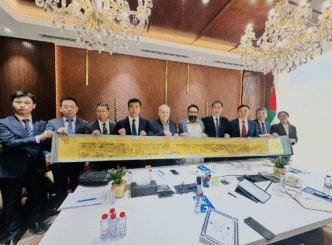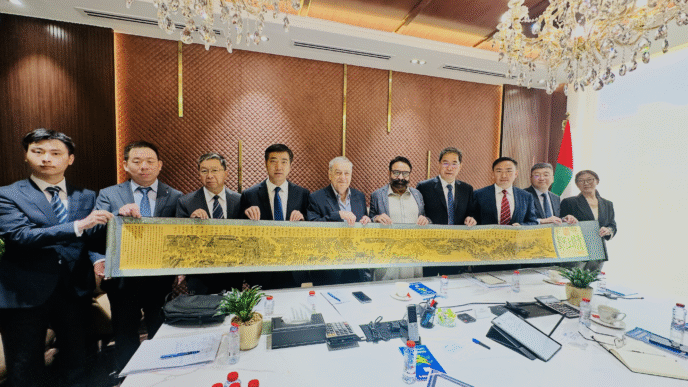Microsoft Corporation has announced an ambitious $8 billion investment plan in the United Arab Emirates (UAE) through 2029, marking one of its largest regional commitments to date. The tech giant aims to bolster the nation’s digital infrastructure through new cloud computing, artificial intelligence (AI), and semiconductor initiatives, cementing the UAE’s position as a rising global hub for technology and innovation.
The announcement comes amid a surge of strategic partnerships between global technology firms and the Gulf region, where governments are rapidly investing in next-generation digital infrastructure to diversify their economies beyond oil. Microsoft’s commitment aligns with the UAE’s Digital Economy Strategy 2031, which seeks to double the contribution of digital sectors to national GDP within the decade.
A Bold Vision for the Future of Cloud Computing
At the heart of Microsoft’s UAE expansion is a dramatic scale-up of its Azure cloud infrastructure, including plans for new data centers in Abu Dhabi and Dubai. These facilities will power advanced AI, enterprise computing, and cybersecurity services, allowing businesses across the Middle East and Africa to access faster, more secure, and more efficient digital tools.
Microsoft executives highlighted that the company’s investments will not only enhance regional computing capacity but also ensure compliance with sovereign data requirements, a growing priority for governments seeking control over data localization and protection. The UAE, known for its strong regulatory frameworks and early adoption of digital transformation policies, offers an ideal environment for Microsoft to expand its footprint.
“Our commitment to the UAE reflects our belief in the country’s vision for a digital-first economy,” said Ralph Haupter, President of Microsoft EMEA. “This investment will empower governments, businesses, and startups to innovate faster and contribute to a sustainable and inclusive digital future.”
Chips, AI, and Strategic Partnerships
In addition to cloud infrastructure, Microsoft’s $8 billion plan includes semiconductor collaboration and AI research in partnership with local institutions. The company is expected to work closely with UAE-based research entities such as the Technology Innovation Institute (TII) and AI-focused firms in Abu Dhabi’s Hub71 ecosystem.
Part of the funding will be directed toward AI chip design and local manufacturing initiatives, supporting the UAE’s ambitions to establish itself as a center for advanced computing and energy-efficient processor technology. This comes as global demand for chips, particularly those powering AI workloads, continues to soar — and as the UAE looks to reduce dependence on imports by fostering its own research and production capacity.
Microsoft also plans to launch several digital skills programs aimed at training over 250,000 people in AI, cybersecurity, and cloud engineering by 2030. The initiative will provide UAE nationals and residents with the tools to thrive in a rapidly evolving job market, strengthening the nation’s human capital base.
UAE as a Global Tech and Innovation Gateway
The UAE’s leadership has made digital transformation a core national priority, with major investments flowing into AI, clean energy, and smart infrastructure. Microsoft’s new investment complements these goals, signaling global confidence in the UAE’s long-term stability, innovation-driven policies, and investment environment.
Analysts note that the UAE’s strategic location — bridging Asia, Africa, and Europe — positions it as a natural data and technology hub. The country’s commitment to fostering partnerships between the public and private sectors has made it increasingly attractive to global firms seeking a Middle East base of operations.
“Microsoft’s move represents more than just financial investment; it’s a statement of faith in the UAE’s ability to lead the next phase of digital globalization,” said Dr. Hani Al Nuaimi, a regional economist based in Abu Dhabi. “This partnership will likely catalyze innovation clusters across the Gulf, especially in AI and advanced computing.”
Economic Impact and the Next Phase of Growth
Economists estimate that Microsoft’s investment could generate thousands of high-skilled jobs across the tech, manufacturing, and services sectors. Additionally, the influx of foreign investment is expected to spur venture capital activity and entrepreneurial growth, as local startups gain access to advanced cloud platforms and collaborative networks.
The move also strengthens Microsoft’s competition with major U.S. and Chinese tech players — including Amazon Web Services, Google Cloud, and Alibaba Cloud — all of which are rapidly expanding their presence in the Gulf region.
By 2029, Microsoft’s goal is not only to expand technological capacity but to position the UAE as a regional digital command center capable of driving innovation across emerging markets from North Africa to South Asia.
Conclusion
Microsoft’s $8 billion investment underscores a new era of cooperation between global technology leaders and the UAE’s forward-thinking government. As the world enters a period of digital acceleration powered by AI, cloud, and chips, the UAE is emerging as a strategic player in shaping the future of technology — and Microsoft’s long-term commitment could prove to be a defining chapter in that transformation.
Through infrastructure, education, and innovation, the partnership promises to deliver far-reaching benefits — not only for the UAE but for the wider region, signaling that the future of global tech leadership may increasingly be written from the heart of the Middle East.






